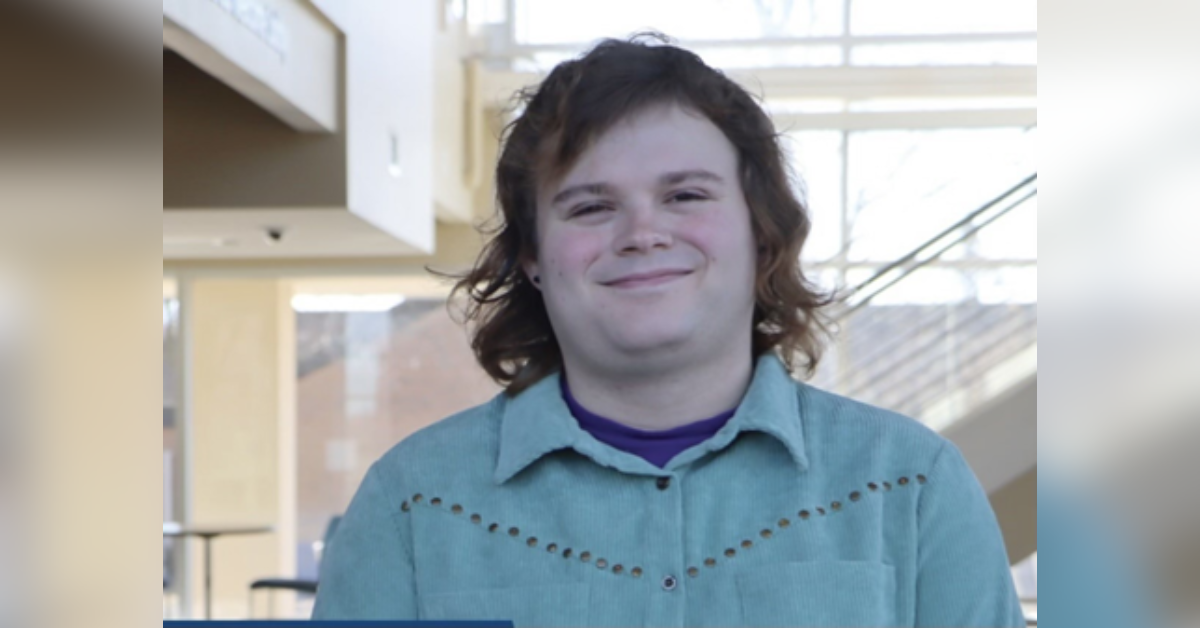For prospective or current medical students looking for an opportunity to get started in their careers, Transitions Care is offering a number of opportunities for students and early graduates. Transitions Care is looking for volunteers and offering prospective students job shadowing opportunities to understand more about hospice or palliative medical care.
Palliative care is a specialized medical care system meant to help patients manage symptoms and provide relief to those dealing with serious conditions such as cancer or heart failure. Palliative care focuses on enhancing patients’ quality of life as they seek treatment for their condition by managing symptoms and helping them to navigate the healthcare system. Hospice care, on the other hand, is similar but is specifically end-of-life care for those who are no longer seeking treatment for – or who have exhausted all options and curative measures for – aforementioned conditions and illnesses or old age. In essence, Hospice care is meant for those prospected to pass away within a few months and is mainly meant to give people comfort and support in their final days.
Transitions Care has a number of programs that are likely to be of interest to prospective med students, mainly pertaining to end-of-life care. These programs are all very hands-on, involving regular contact with patients and providing support for them and their families. Other opportunities can be found, such as office work or assisting care teams, but those will not be covered here and are best found on their website.
The Companion Volunteer Program is an option where the volunteer is integrated into the active care team, having around 1-3 patients depending on the volunteer’s availability and patient needs. They are responsible for understanding the needs of their individual patients and visiting them to provide companionship.
Family support volunteering involves giving support to familial caregivers who may not have as much time for themselves or basic duties in response to caring for their loved ones. Family support volunteers help by giving the caregiver a breakthrough doing house chores, running errands, or preparing meals, allowing the primary caregiver to spend as much time with their loved one as possible.
The Vigil Volunteer Program is likely the most challenging option – though not in terms of physical effort. Vigil volunteers must be mentally prepared and understand the process of being with a patient as they pass on. When caretakers feel a patient is reaching the end of their life, vigil volunteers are called upon for two four-hour shifts to keep the patient company and provide support for the family. Transitions Care as an organization understands this can be a delicate matter; thus, volunteers for the vigil must be well-prepared and vetted to work closely with dying patients.
While all of these programs are useful on their own, one of the major positive aspects that previous students have had with Transitions Care, according to their representative at the university, is that by the end of the onboarding process, participants will have been registered as healthcare workers, having been guided through the process and requirements for working in the medical field in these capacities. Also, the experience will be a boon to any medical school application. Transitions Care prides itself on giving prospective med students a first-hand experience of what it is like working in the medical care system and preparing students who are likely to work with those suffering from serious conditions.
For any interested in these opportunities, all of the information and steps to apply are available at the Transitions Care website as well as more detailed information about what they do and the care they provide to patients.


















